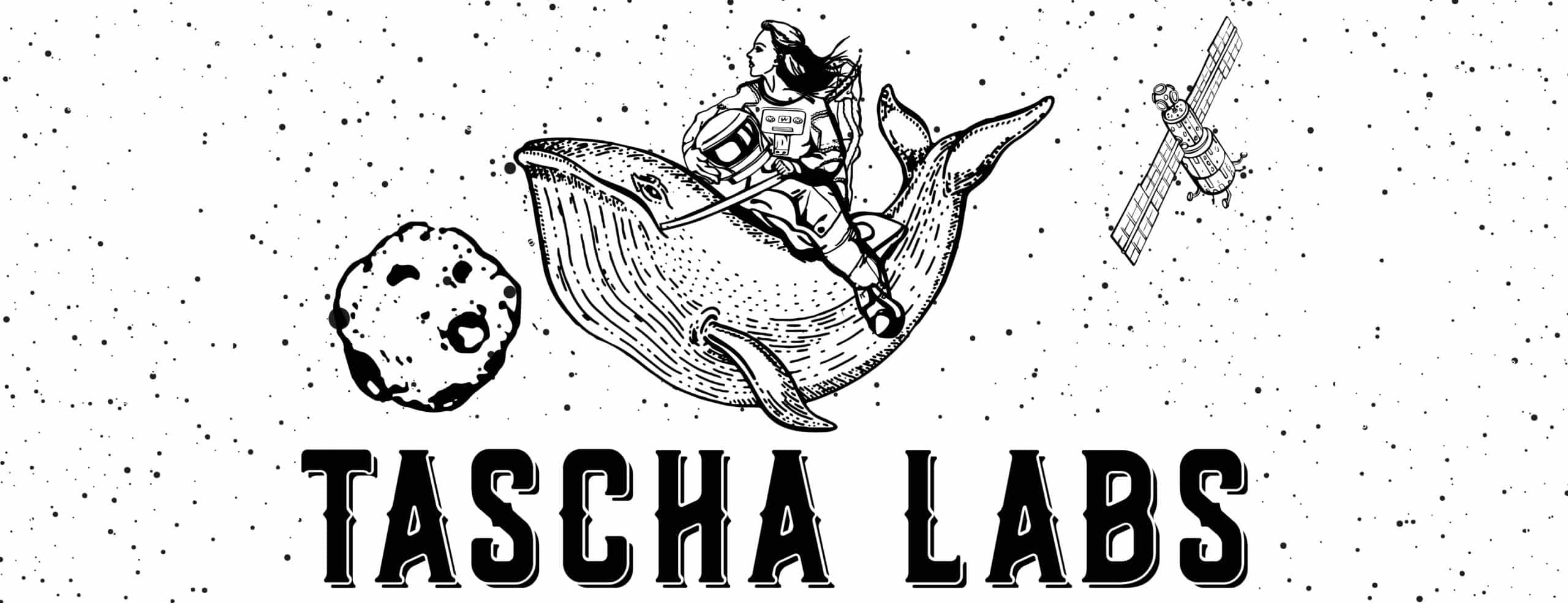In 2012 I bungee jumped off a 111-meter tall bridge in Zambia.
Think you know what fear is? When you’re free falling at 100 miles / hr into a crocodile-infested river, you realize you knew nothing about it.
Here’s what I learned about fear since then and how to overcome it👇

1. Fear is a physical, not emotional.
How do you know you’re afraid?
It’s not a thought, not even much of a feeling. You know it because your body tells you so.
As soon as you recognize a danger, the amygdala of your brain orders to release stress hormones, cortisol and adrenaline.
These trigger your body to prepare for physical fight or flight. Your blood pressure, heart rate, breathing speed increase. So much blood is pumped into your limbs that they are tingling.
This self-preservation system is ancient and deeply programmed into your body. Modern life has few physical danger, so this system does not get to show off much. It’s only when you’re in an extreme situation, you realize it is as powerful today as it was 500,000 years ago.
2. If it’s hard to talk yourself out of fear, it’s not your fault.
While your body’s fight-or-flight system kicks into gear, your brain is literally at war with itself.
The ancient brain (amygdala) has ordered the body to prepare for battle, while the modern brain (prefrontal cortex) tries to put the situation in context and gives a rational response.
As I stood on the Victoria Falls Bridge, my frontal lobe attempted reasoning: “I’m tied to a strong cord, the accident rate is 2 in a million, this is safer than driving a car…”
But the modern brain does not have direct access to the body. It needs to first convince the ancient brain that the danger is not real.
The stronger the perceived danger, the harder it is for the prefrontal cortex to convince its peers. In this case, my amygdala was not having any of it: “Don’t you have eyes to see how high this bridge is? If you fall from here it’ll be the end, stupid!”

3. “Feel the fear and do it anyway” is not always feasible.
A popular self-help adage for handling stressful situations is to “feel the fear and do it anyway”. But this is to assume that in these cases, your modern brain will be able to veto the ancient brain in final decision making.
This is not true, especially if the situation is extreme. Your ancient brain is powerful and when the threat is serious enough, it won’t hesitate to override your rational brain. As I stood over the Zambezi River, I could have easily opted to “flight” instead of “fight”.
In fact, if I were given a minute of quiet space to think about it (read: give the amygdala some time to veto the original plan), I probably would have cancelled the whole thing.
What really happened was that as my brain was at war with itself, it caused a period of decision paralysis. Since there was no new decision made, the original plan, i.e. do the jump, was being executed mechanically.
That’s why in an extreme situation, rather than hoping your rational mind to “overcome the fear” (don’t count on it!), you’re better off putting in a mechanism that makes sure you stick to the original plan.
The bungee crew was talking incessantly in my ears and kept moving me forward fast to the next step leading to the jump. i.e., they made sure not to give me the time to think. That was very deliberate.
If you don’t have a crew there to help you stick with your plan, say, you’re about to go on a stage by yourself speaking to 5000 people, the best thing you can do is simple: don’t think about it. Shut down any new decision making all together.
The more you give room for different parts of your brain to fight over what to do, the higher the chance that your ancient brain will win.
Do not revisit the plan. Instead, use the adrenaline and cortisol already released, and the excitement and energy they triggered, to execute your original plan.
4. Whatever happens, remember to breathe.
This may be a design flaw in the otherwise beautifully codified system of fight-or-fight.
When your ancient crisis response system is triggered, max resources are allocated to your limbs, so that you can punch or run. The normal breathing function is left with no resources— you “forget” to breathe.
This is counter-productive because you need oxygen to sustain any activities, especially in stressful cases when your energy need is high.
It will be hard to remember to breathe in these situations because your brain is tied up in other things. But the more you can remember it, the more resources you will have to respond to the situation effectively.
BTW, like this so far? I write about ideas to expand your freedom, wealth, and consciousness. Subscribe to my newsletter for updates.
5. Strengthening the prefrontal cortex helps you handle fear in the long run.
Since decision making under fear is essentially a war between different parts of your brain, the stronger your modern brain is, the better you can handle these situations.
There’s a good reason why you’re more irritable when you lack sleep— your prefrontal cortex, which moderates stress response, is weak when you’re tired.
Good nutrition, sleep, learning, meditation all make your modern brain stronger.
But no matter how developed your prefrontal cortex is, don’t expect it to eliminate your physical fear responses. Those are governed by the ancient brain. That programming has been installed for 500,000 years and you’re not going to uninstall it anytime soon.
Liked this? Follow me on Twitter 👉 @realnatashache, for more ideas to help you become wiser, richer and happier.
